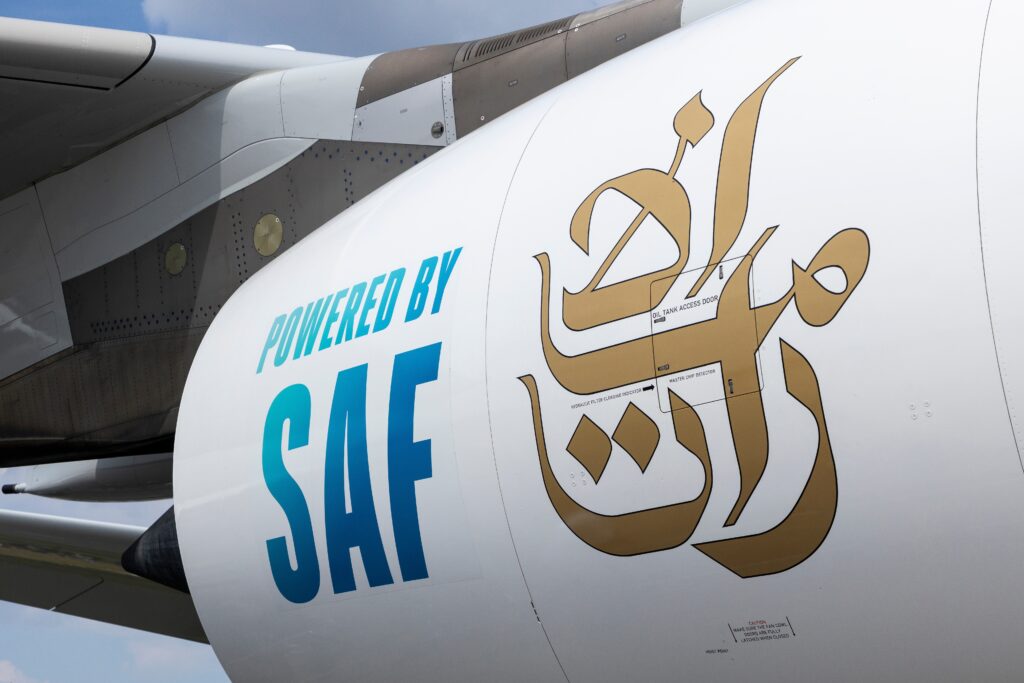The International Air Transport Association (IATA) has projected that global production of sustainable aviation fuel (SAF) will double to 2 million metric tonnes in 2025—equivalent to 2.5 billion litres—but warned that mandates and compliance costs are inflating prices and threatening the financial sustainability of aviation’s green transition.
Speaking at IATA’s annual general meeting in New Delhi, Director General Willie Walsh welcomed the increase in SAF output but stressed it remains “just 0.7% of aviation’s total fuel needs,” and will add an estimated $4.4 billion to the industry’s global fuel bill next year.
“The pace of progress in ramping up production and gaining efficiencies to reduce costs must accelerate,” Walsh said.
IATA highlighted that most of the current SAF supply is “heading toward Europe” due to new mandates introduced in the EU and UK on 1 January 2025. But it warned that these mandates have doubled SAF costs in the region, driven by compliance fees imposed by producers and suppliers, which are expected to add $1.7 billion to market prices.
According to IATA, this amount “could have abated an additional 3.5 million tonnes of carbon emissions” had it been invested directly in decarbonisation initiatives.
In 2024, the average price of SAF was 3.1 times higher than conventional jet fuel. For 2025, that multiplier is expected to rise to 4.2 times, underscoring the financial strain facing airlines as they try to meet environmental targets.
“This highlights the problem with the implementation of mandates before there are sufficient market conditions and before safeguards are in place against unreasonable market practices,” Walsh warned. “Mandates must not be allowed to become cost traps.”
IATA has renewed its call for a reallocation of a portion of the $1 trillion in annual global fossil fuel subsidies to support renewable energy and SAF production instead. The association also stressed the need for comprehensive energy policies that integrate SAF development and ensure fair market practices as aviation pushes towards net-zero emissions by 2050.


